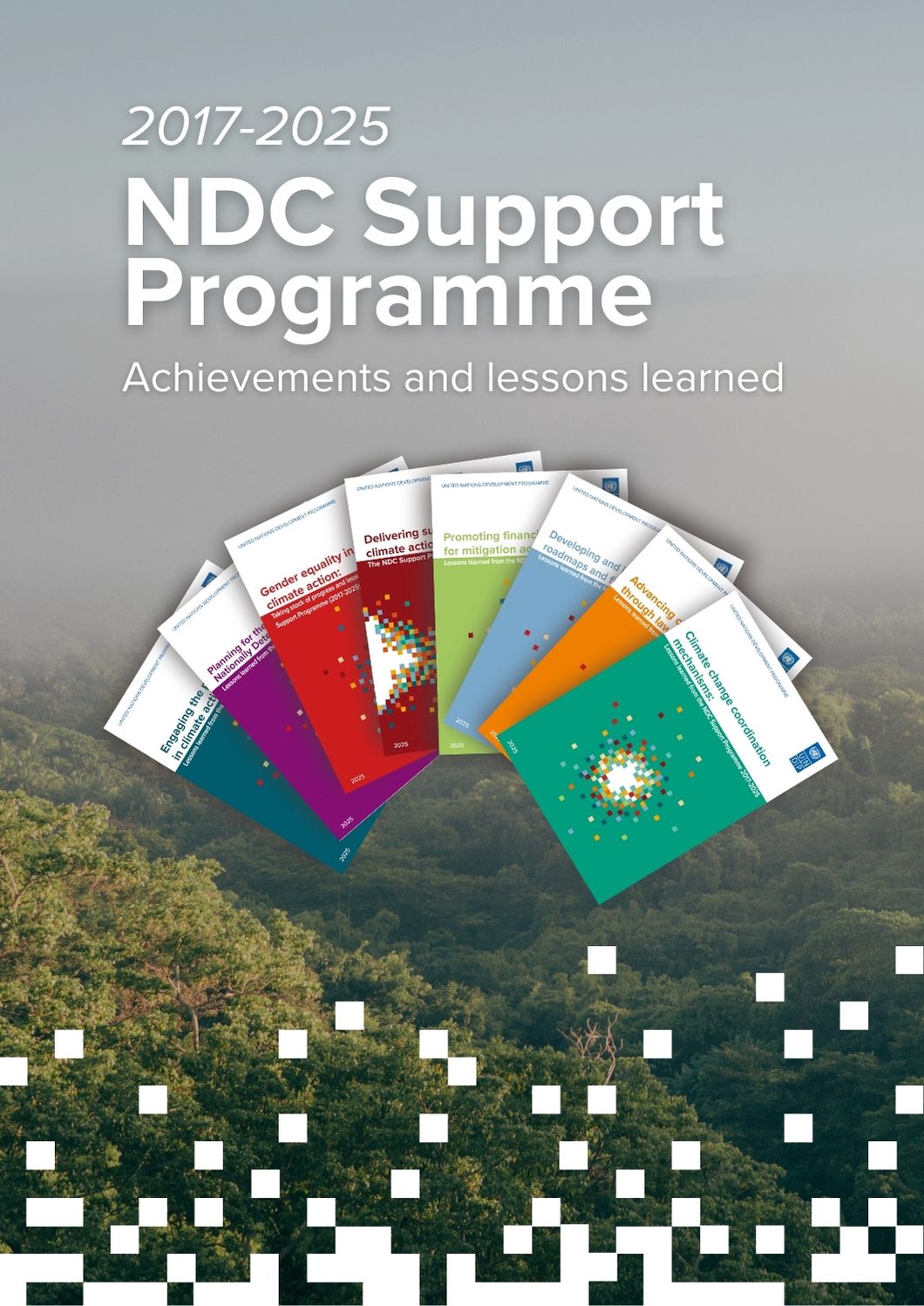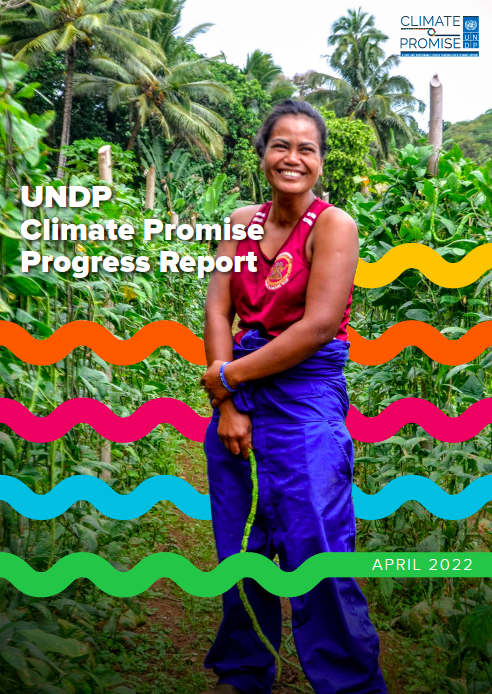LECB Programme Impact and Results: Philippines

The Philippines is located in a climate sensitive geographical location and frequently witnesses an average of eight to nine tropical storms every year. Therefore the government’s efforts are understandably focused on climate adaptation. The government is also committed to carving out climate-resilient and climate-smart pathways that include low emission efforts.
The Climate Change Commission (CCC) was established through the Climate Change Act RA 9729 of 2009 as a national policy-making body responsible for formulating and coordinating the country’s strategic framework on climate change, and for mainstreaming of climate change in national, local, and sectoral development plans. The Philippine National Framework Strategy on Climate Change (2010–2022) was developed by the CCC to address national commitments, climate change vulnerabilities, adaptation needs and mitigation potential.
Subsequently in 2011, the National Climate Change Action Plan was formulated to promote integration of climate adaptation and mitigation efforts. Systematic accounting and reporting of greenhouse gas (GHG) emissions was recognized as a key strategy by the government towards achieving its sustainable development and mitigation goals. With increasing awareness and resolve to address climate change within the country’s public and private sectors, Philippines also sought to establish linkages for coordinated action. Philippines policy initiatives and endeavours for climate action were further supported through the Low Emission Capacity Building (LECB) project’s activities.


